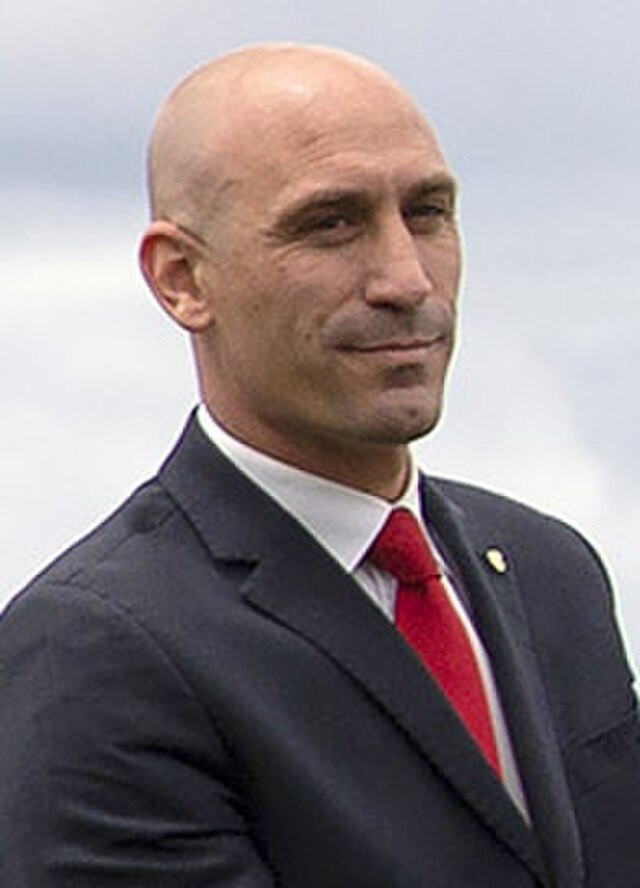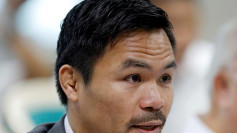In a dramatic turn of events, members of Spain's women's national football team have been compelled to attend their training camp, facing potential sanctions amidst their ongoing strike. This move comes in the aftermath of the sexual assault scandal that erupted last month, when the former Royal Spanish Football Federation (RFEF) president, Luis Rubiales, was accused of an unsolicited kiss on forward Jenni Hermoso.
Despite the players' repeated declarations of their intent to continue the strike, all those summoned by the new manager, Montse Tome, for the forthcoming Nations League matches are anticipated to report to the training camp in Valencia. The ambiguity remains whether these players will participate in the upcoming games against Sweden and Switzerland. However, the expectation is that all 23 players will convene at the Valencia training camp.
On Tuesday, a group of six players, including five from Real Madrid and one from Atletico Madrid, were spotted at the Alameda Barajas Hotel in Madrid, preparing for their journey to Valencia. These players are slated to join a training camp before departing for Sweden for their Nations League match. Notably, all players, with one exception, had signed a statement last Friday, affirming their decision to persist with the strike.
Barcelona's star players, including the renowned Alexia Putellas, have also been handed train tickets to Valencia. These players have been candid about their reluctance to join the camp, a sentiment echoed in both the aforementioned statement and in direct interactions with the media.
The crux of the matter is the potential sanctions that these players might face. Despite their strike declaration, they are not legally shielded and could be subjected to substantial fines. More alarmingly, they might also face bans from playing for the national team, which could extend to their respective clubs, jeopardizing their careers.
Victor Francos, the head of Spain's national sports agency, has confirmed that the players will encounter legal consequences if they persist in boycotting the national team. Consequently, the players are trapped in a dilemma: heed the national call-up or risk derailing their football careers.
This controversy has overshadowed what should have been a celebratory phase for the team, following their Women's World Cup triumph. Now, they are grappling with decisions that could prematurely conclude their professional journeys.
The Spanish government is eager for the team to qualify for the Paris Olympics and achieve success in the inaugural Nations League. However, the players' participation in the match against Sweden remains uncertain.
Meetings are scheduled between player representatives, the RFEF, and the Spanish government. The government's spokesperson expressed the urgency for swift changes and the restoration of the players' confidence. The RFEF has dismissed both Luis Rubiales and the contentious manager Jorge Vidal. Yet, the appointment of Montse Tome, Vidal's former assistant, has raised eyebrows due to her close ties with Rubiales.
The players have voiced their concerns, stating that the changes thus far have been insufficient. They seek assurances of a secure environment before committing to play. The exclusion of Hermoso from the squad, purportedly for her protection, has added to the controversy, prompting her to question the motives behind the decision on social media.




